The supplement chain GNC announced on Monday that it plans to overhaul its quality control systems with new high-tech testing. The move comes after an investigation by the New York Attorney General that revealed the quality of supplements is highly variable, and many pills do not contain the ingredients they say they do or contain other ingredients that may not be on the label.
Most experts say that if you’re eating a healthy diet and don’t have an underlying health conditions that interferes with your body’s ability to absorb nutrients from your food, you generally shouldn’t need to take supplements. The same vitamins and minerals are often available in food. We’ve listed several popular supplements, and suggested a food that you should eat instead.
MORE 8 Things You Should Know About Supplements
Vitamin C
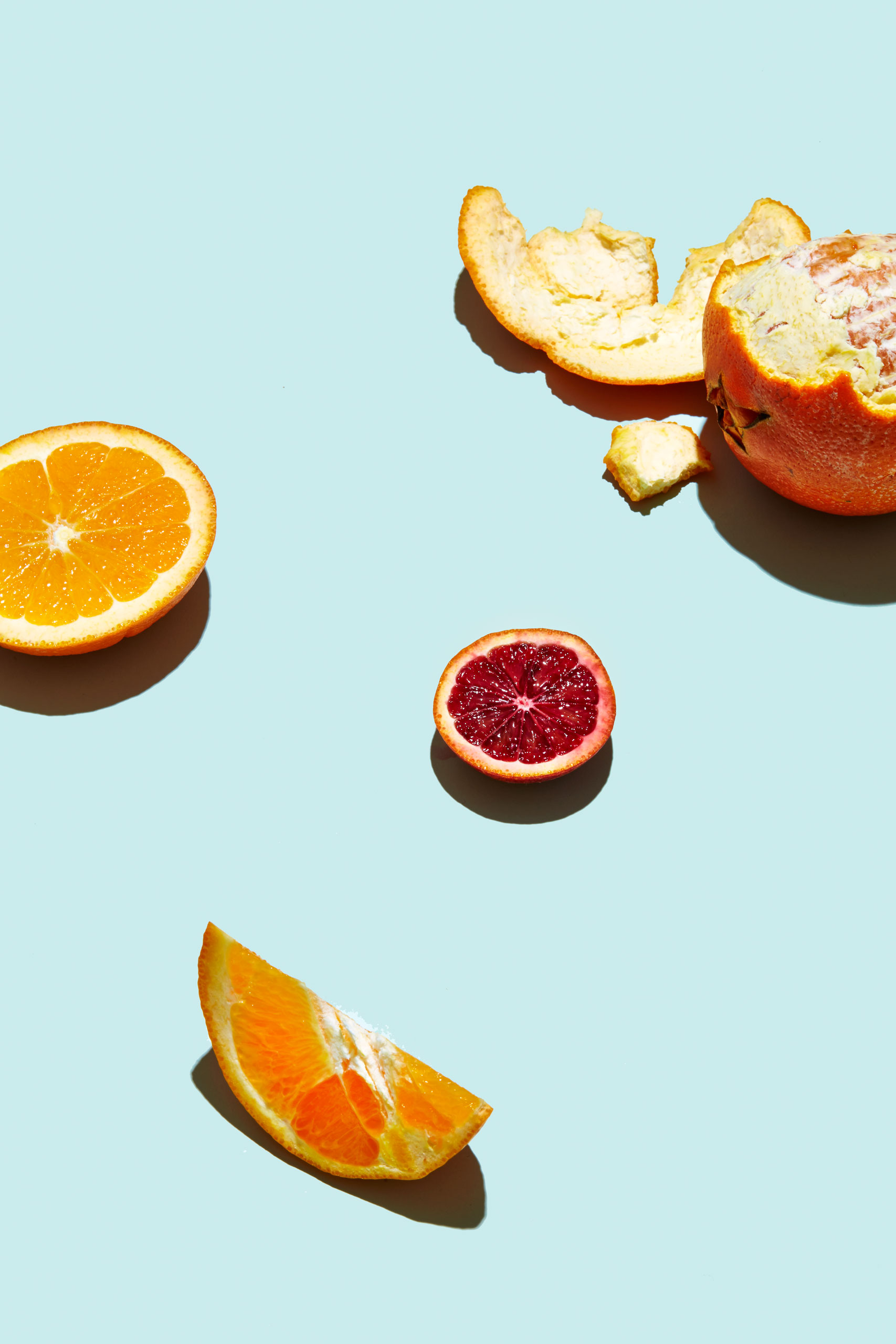
Citrus fruits are some of the best sources of vitamin C, which acts as an antioxidant in the body and helps with the absorption of iron. Oranges in particular are high in vitamin C—one large orange boasts 97.9 mg. It’s recommended that adult men get 90mg of vitamin C a day and women get 75 mg. Other high sources are red and green peppers, kiwi and tomatoes.
Calcium
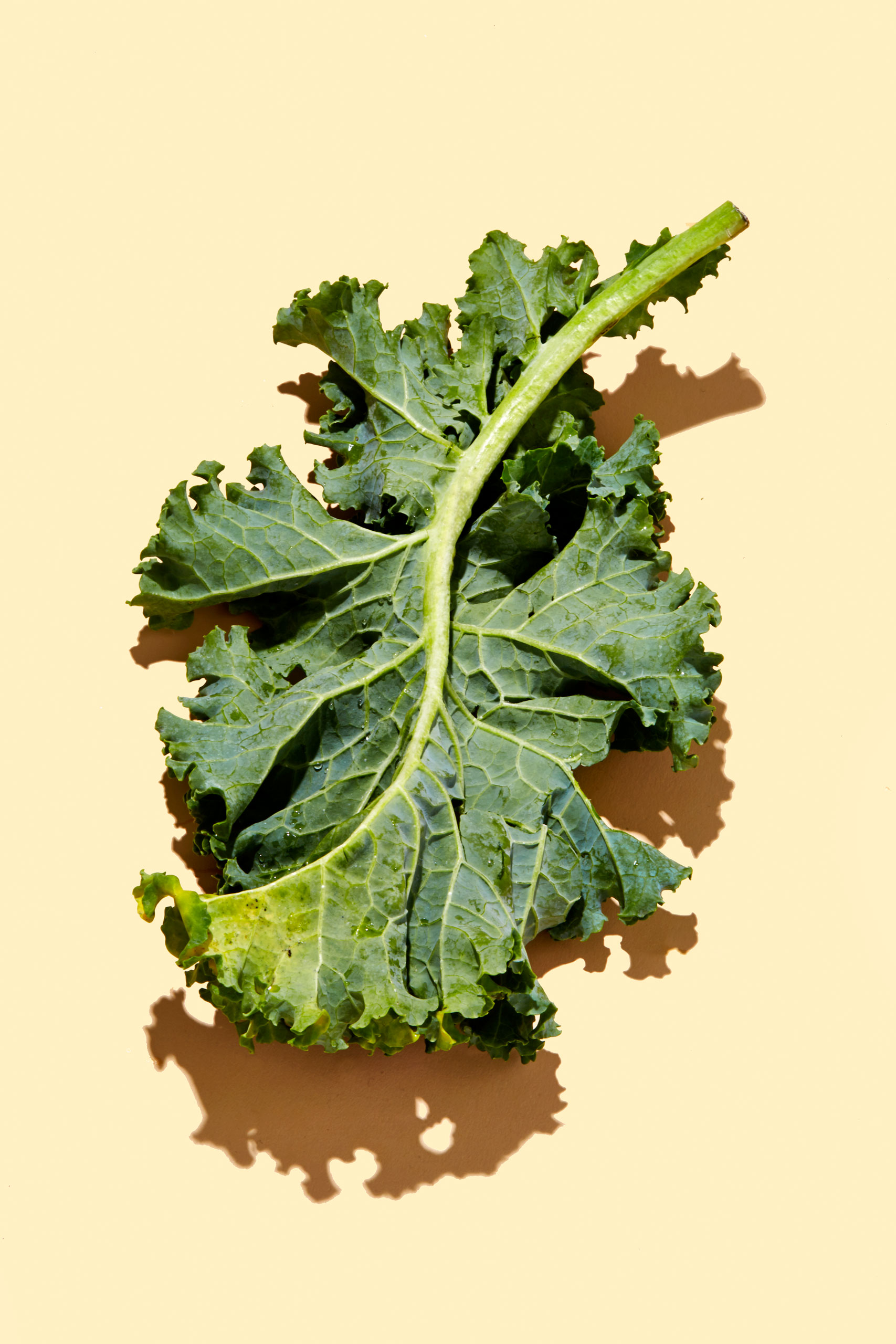
Kale may be a less obvious choice, but it’s a high source of calcium that’s needed for strong bones and teeth as well as muscle movement and nerve function. Just one serving of kale has 150 mg of calcium which is slightly over 10% of the recommended daily amount. Other sources of calcium are dairy products like yogurt, as well as other foods like broccoli and chia seeds.
MORE: Here’s Why Kale is So Good For You
B Vitamins
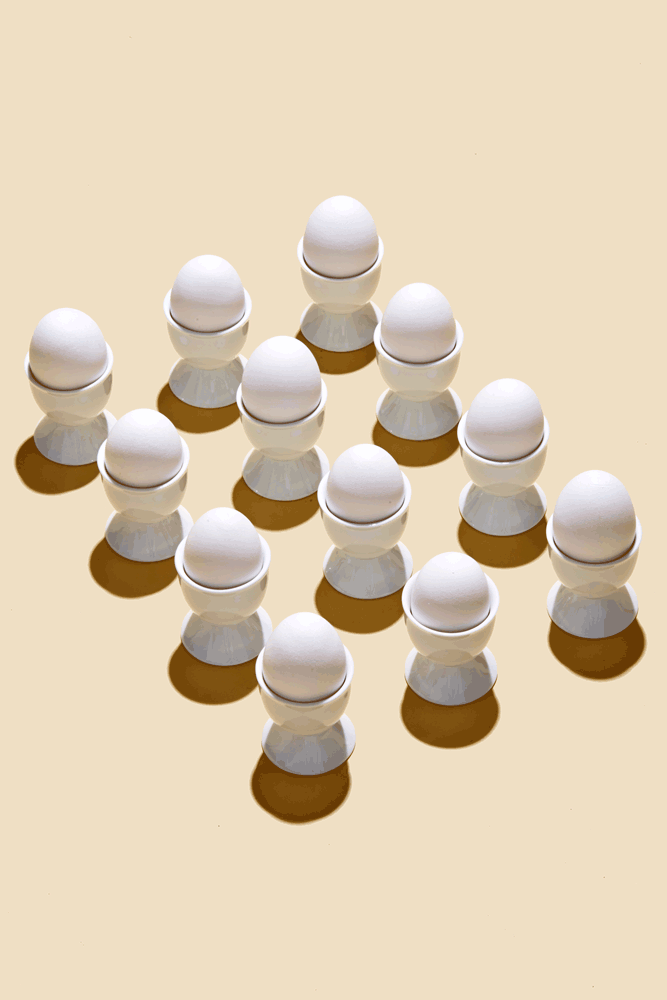
Vitamin B12 is commonly taken in supplement form since it’s important for red blood cell formation and neurological function. Eggs are a good source, and nutritional experts recently confirmed that eggs shouldn’t be chastised for being high in cholesterol. One large hard boiled egg has 0.6 micrograms of B12, which is about 10% of the recommended daily value. Just 3 oz of trout or salmon give you almost your entire daily needs.
In addition, vitamin B6 which is involved in metabolism and brain development during pregnancy is found in foods like nuts, tuna and chickpeas.
Vitamin A
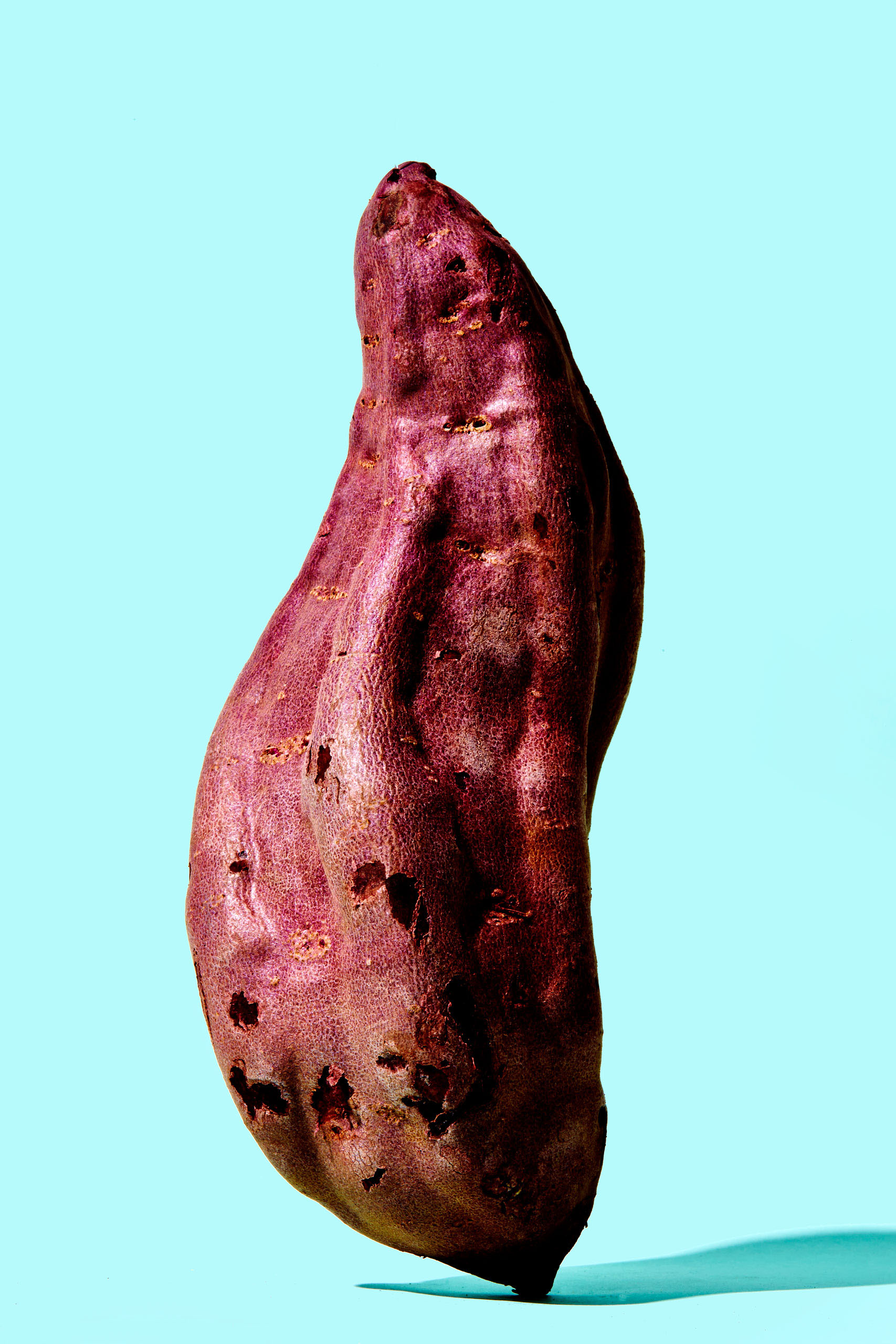
Vitamin A is important for vision, immune system function, reproduction and support for the heart, lungs and kidneys. Sweet potatoes are a particularly potent source of vitamin A. Just one sweet potato baked in the skin has 28,058 international units (IU) of vitamin A per serving, which is 561% of the daily recommended value. According to National Institutes of Health (NIH), around 28%–37% of the general population take supplements with vitamin A.
MORE: Should I eat potatoes?
Vitamin E

Vitamin E acts as an antioxidant in the body and supports the immune system in fighting off bacteria and viruses. Almonds, as well as other nuts like peanuts and hazelnuts are high sources of vitamin E. One ounce of dry roasted almonds contains 6.8 mg of vitamin A, which is 34% of the daily recommended value.
Magnesium

Cashews are a high source of magnesium, which is important for regulating blood sugar and blood pressure levels as well as maintaining nerve function. The NIH says Americans consistently do not consume the recommended amount of magnesium. Not only are cashews tasty, but one ounce of dry roasted cashews host 74 mg of magnesium—19% of the daily recommended amount.
Iron
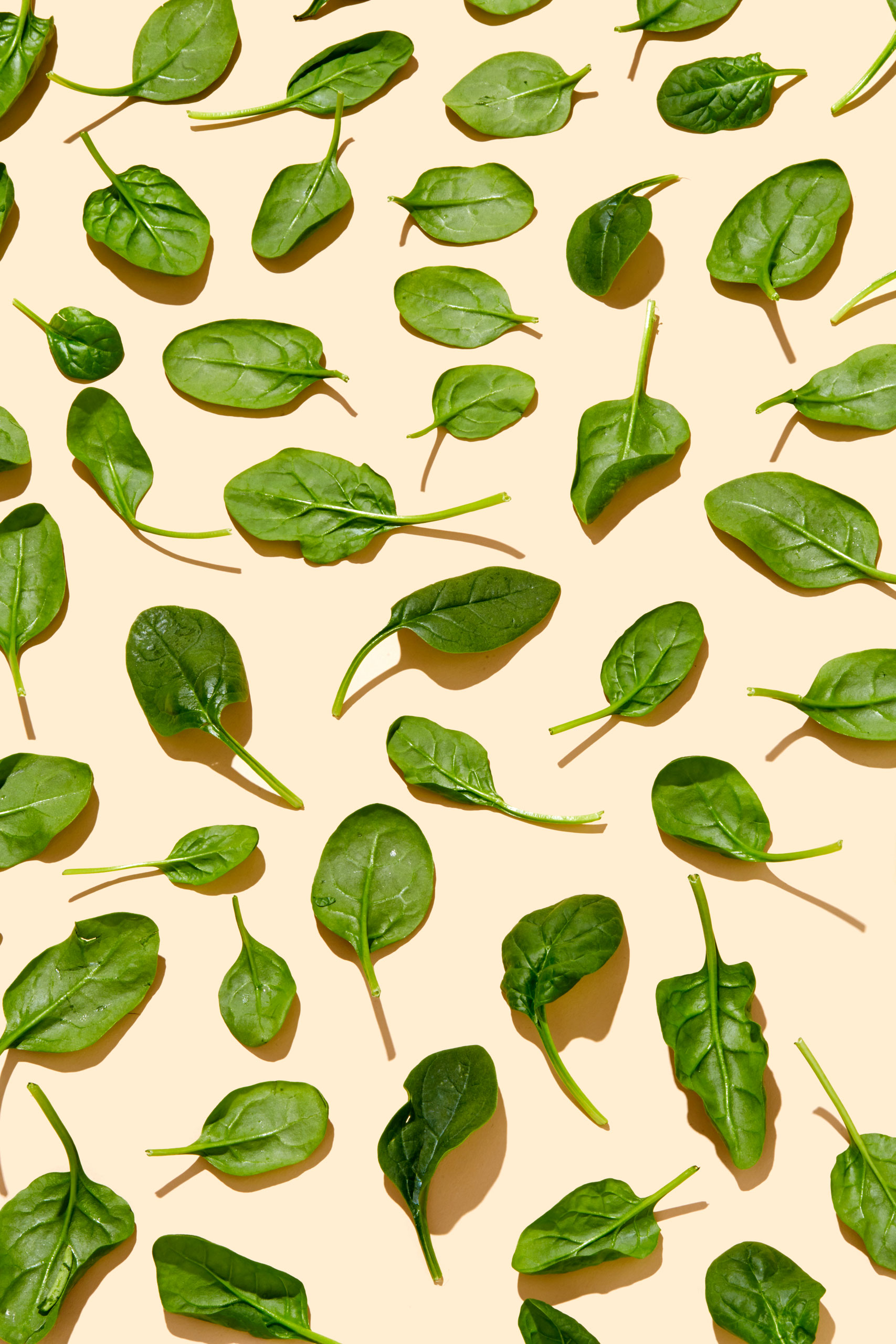
Around 14% to 18% of Americans use a supplement that contains iron, many of which are designed for women who are at a greater risk for not having enough. It’s recommended that men age 19 to 50 get 8 mg of iron a day and women in the same age group get 18 mg (and 27 mg if they are pregnant). Half of cup of boiled and drained spinach has 3 mg of iron which comes out to around 17% of the daily recommended amount.
Vitamin D
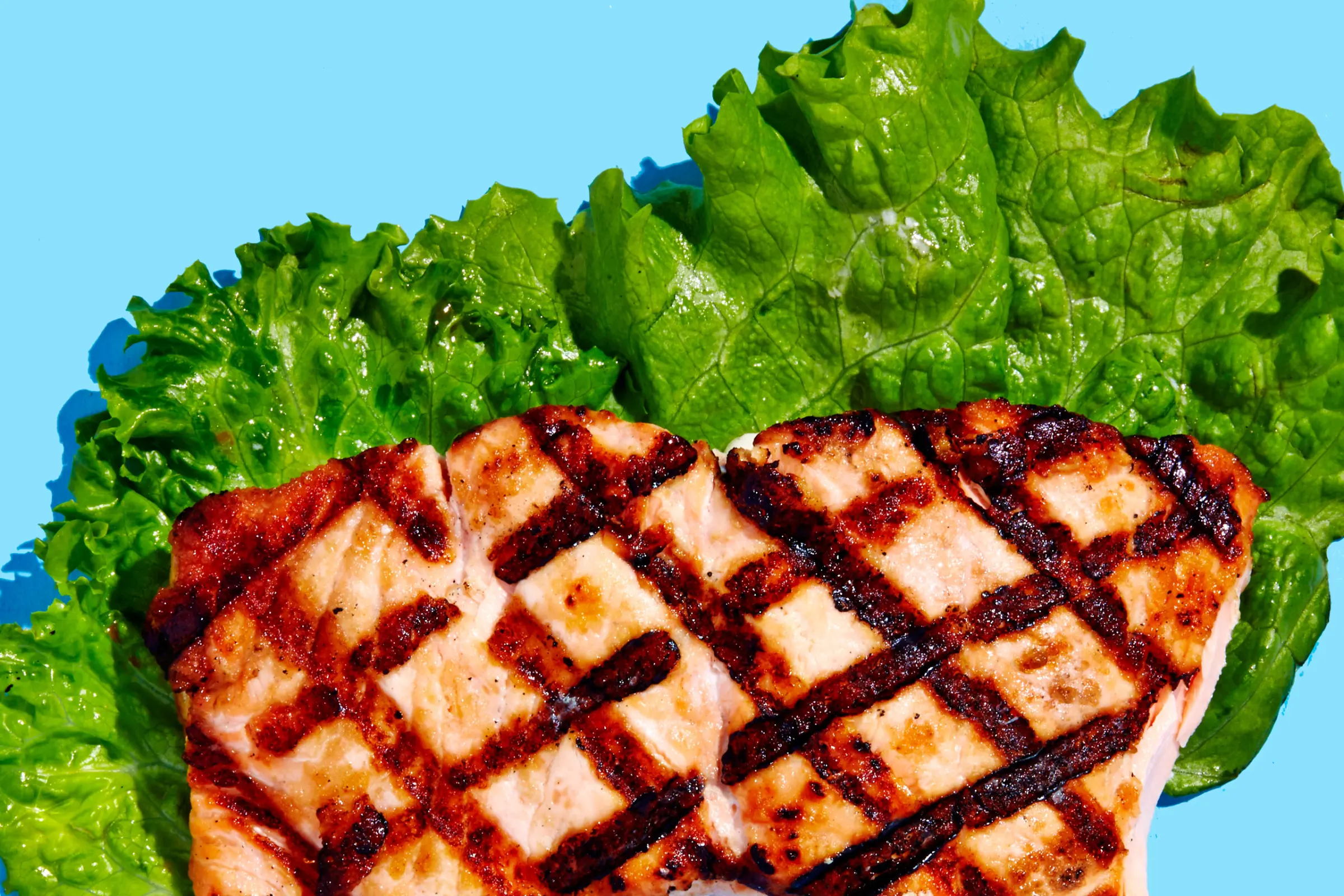
Vitamin D is a tricky nutrient. It’s available in very few foods, though fatty fish like salmon and tuna contain it. Lots of foods are fortified with Vitamin D, which is needed for calcium absorption and cell growth. Three ounces of cooked salmon contains 447 IUs (international units) of vitamin D which is 112% of the daily recommended value. People can also get vitamin D from sun exposure.
MORE: Who Should—and Who Souldn’t—Take Vitamin D
Multivitamin

The NIH says more than one-third of Americans take multivitamins, even though they agency says they “cannot take the place of eating a variety of foods that are important to a healthy diet.” One of the problems with multivitamins is that there is no regulatory definition for what a multivitamin is, so a supplement from one company can be completely different from another company’s version. Eating a variety of fruits and vegetables can ensure that you are getting the nutrients you need.
More Must-Reads from TIME
- Why Biden Dropped Out
- Ukraine’s Plan to Survive Trump
- The Rise of a New Kind of Parenting Guru
- The Chaos and Commotion of the RNC in Photos
- Why We All Have a Stake in Twisters’ Success
- 8 Eating Habits That Actually Improve Your Sleep
- Welcome to the Noah Lyles Olympics
- Get Our Paris Olympics Newsletter in Your Inbox
Contact us at letters@time.com